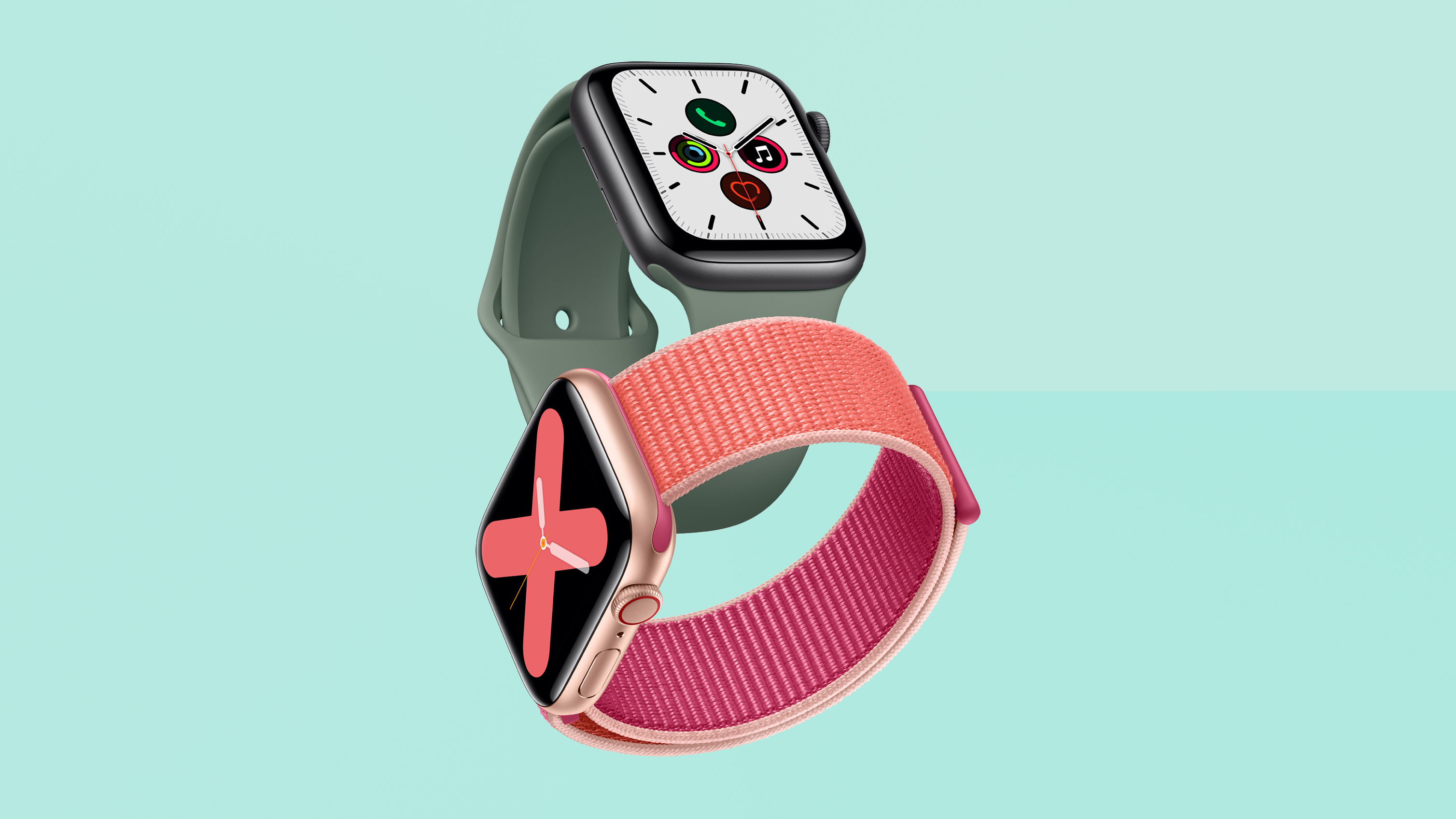You can now check your Apple Watch for "flu-like" coronavirus symptoms
Apple Watch app Cardiogram will monitor your body for flu-like illnesses


When it comes to your health and fitness most days, your Apple Watch is your best friend. It tracks your heart rate so you can monitor stress levels and optimise your workouts, monitors your sleep cycles so you know how to get enough quality shut-eye, holds your killer workout playlists and loads more.
Now, a new app update could let you know how your body’s doing while fighting off symptoms of illnesses like flu, or coronavirus.
The free Cardiogram app for Apple Watch shows you a graph of your heart rate in real time on your wrist, displays the data in comprehensive packages and allows you to export the data into PDFs to present to your doctor.
From Thursday, the latest update incorporates its Sleeping BPM feature, which states it will monitor your sleeping heart rate, and if you're suffering symptoms of the flu, can compare the data with your normal resting heart rate. It could provide an indication of how your heart's responding to any illnesses you might be experiencing.
"Cardiogram's new Sleeping BPM feature can help users become more aware of how their body is responding to symptoms of the flu or other illnesses including COVID-19," Cardiogram's co-founder Johnson Hsieh told Apple Insider.

The app will flag up flu-like symptoms due to fluctuations in your heart rate, but the Cardiogram team are keen to stress this is not a replacement for a medically-approved coronavirus test.
"Rather, we're providing users with an additional tool to become more aware of how flu-like symptoms may be affecting their body through their heart rate patterns."
Get all the latest news, reviews, deals and buying guides on gorgeous tech, home and active products from the T3 experts
The body’s resting heart rate will look very different when you’re fighting off illnesses like COVID-19. Other heart rate monitoring apps active during sleep will also be able to show differences, but you might need to check back through your historic data to identify any recent irregularities.
Again, while this might be an indication something is wrong, it should not be treated as a substitute for a medically-approved test.
Liked this?

Matt Evans now works for T3.com sister brand TechRadar, covering all things relating to fitness and wellness. He came to T3.com as staff writer before moving on, and was previously on Men's Health, and slightly counterintuitively, a website devoted to the consumption of Scotch whiskey. In his free time, he could often be found with his nose in a book until he discovered the Kindle.